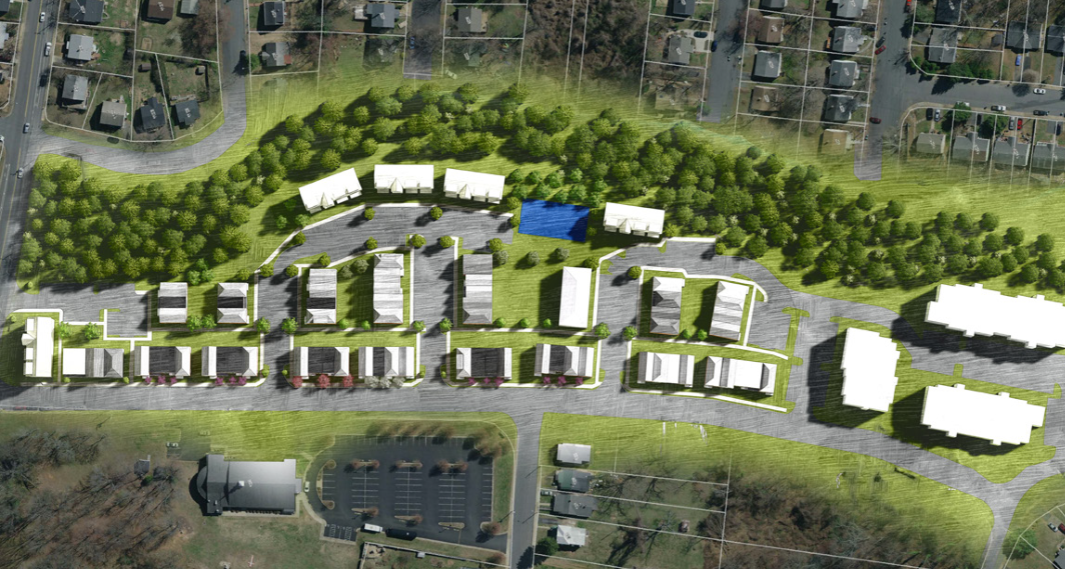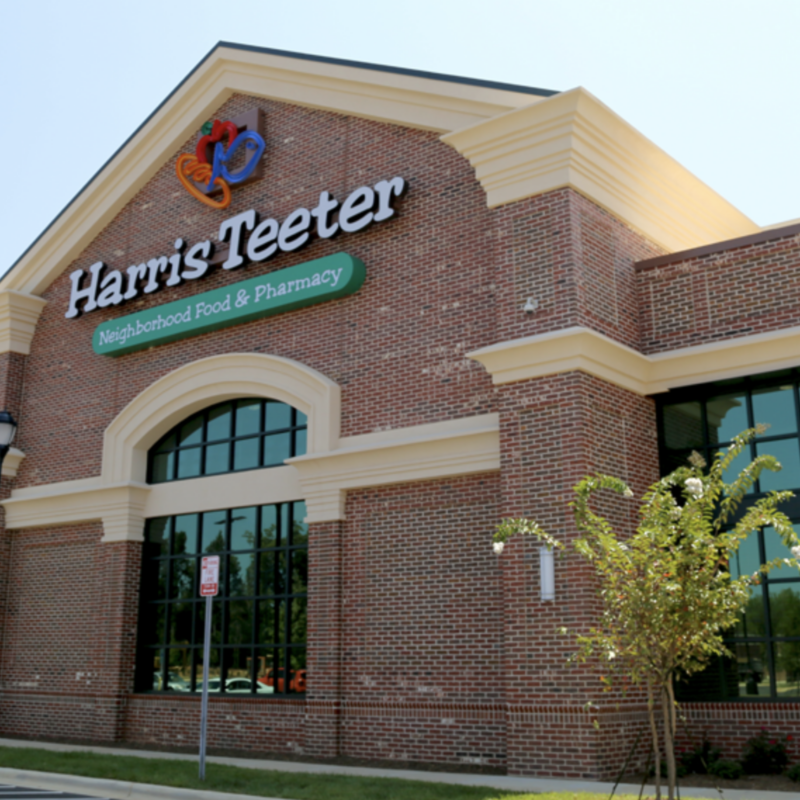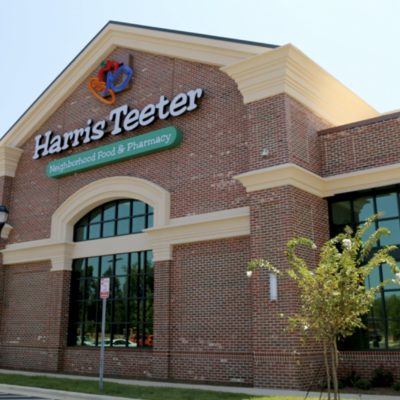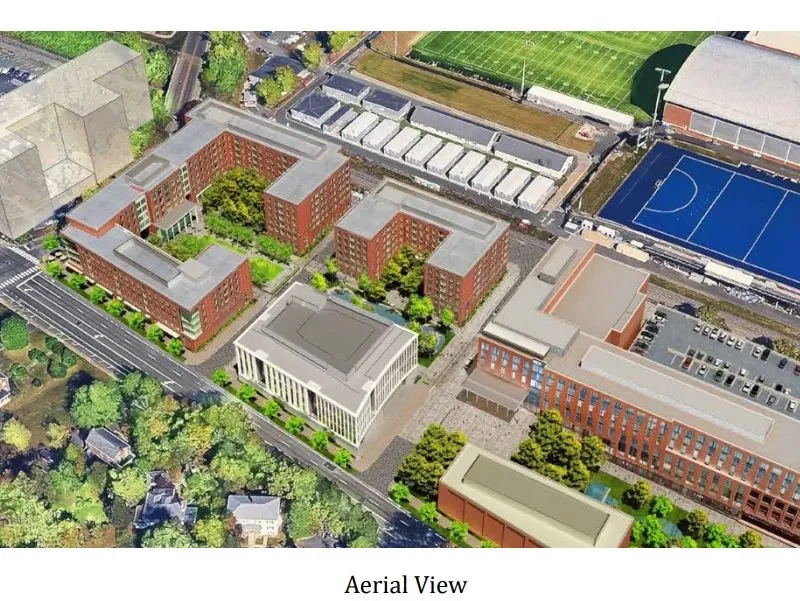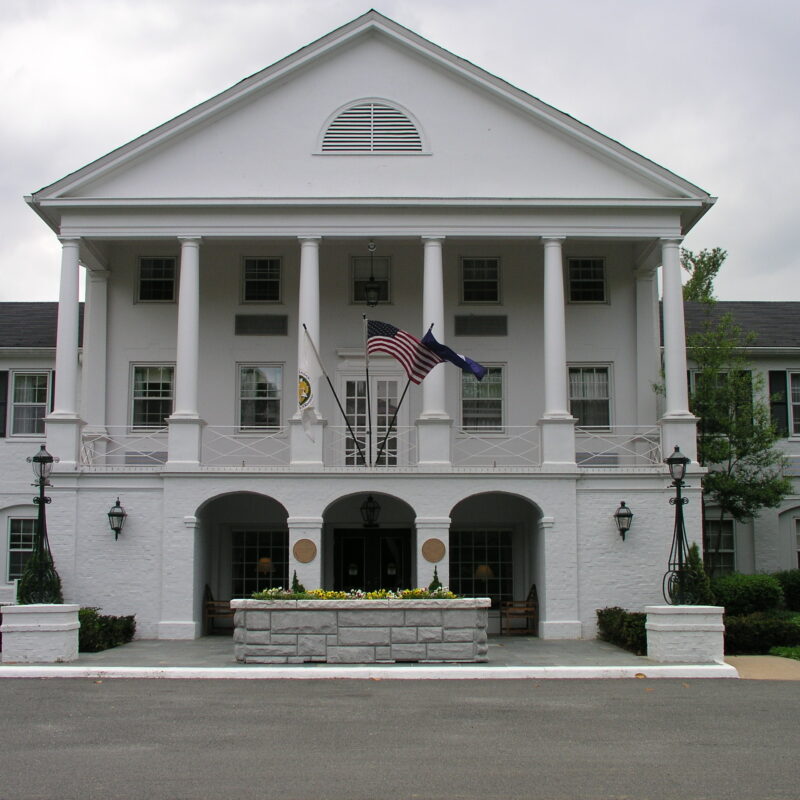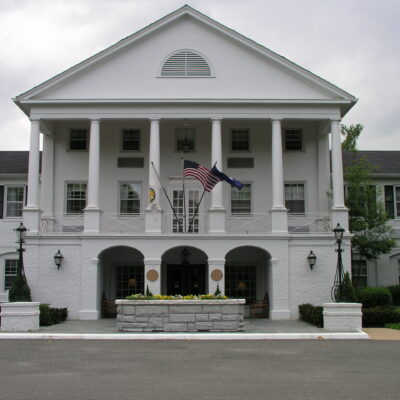In April, Khalesha Powell received an important notice: She needed to find a new place for her family to live before her building in the South First Street public housing site is demolished and redeveloped next year. Since then, Powell, a single mother of eight children, says she has applied to live at over a dozen properties, but has been repeatedly denied, racking up hundreds of dollars in application fees.
Landlords who own three or more properties are legally required to accept housing vouchers in Virginia, but Powell says she’s been met with a variety of reasons for denial of her applications.
“I’ve been denied for credit, I’ve been denied for occupancy … they deny you for all kinds of things,” says Powell, who has lived at the 41-year-old public housing complex with her children for nine years. “Sometimes it makes you wonder if they’re denying you because they just don’t want to take the voucher.”
In documents Powell shared with C-VILLE, one property owner cited Powell’s monthly income, number of occupants, and her credit score as reasons why her application was rejected, while another cited her
credit score. Four landlords responded to her inquiry about their four- or five-bedroom rental home saying that they did not accept vouchers.
Powell says she was originally supposed to receive a relocation voucher, which would have reimbursed her for housing application fees, and paid for her deposit and first month’s rent. But the Charlottesville Redevelopment and Housing Authority gave her a tenant-based housing choice voucher, which does not cover any of it.
“I haven’t gotten an application fee less than $50—all that adds up,” says Powell. “For me to have to come out of pocket with a lot of this stuff is crappy.”
According to CRHA executive director John Sales, the CRHA has yet to receive relocation vouchers from the U.S. Department of Housing and Urban Development, so it has only been able to distribute tenant-based vouchers.
It’s also been a challenge finding a new home large enough for her family, says Powell, who currently lives in a five-bedroom unit at South First Street. The number of four- and five-bedroom rental properties is limited in Charlottesville, and some landlords would rather rent to students.
“Mostly every four- and five-bedroom that’s been listed [that accepts vouchers], I’ve applied to,” she says. “It’s a lot of getting your hopes up, then your hopes being taken down.”
Instead of a voucher, Powell was told she could move to Hardy Drive. However, around the time she was offered that option, she says her 17-year-old son was jumped by some neighborhood kids, and she did not want to put him in danger. The recent shootings on and near Hardy Drive also made her wary of moving there.
When she first began her housing search, Powell says she found one landlord who was willing to accept her voucher, but, due to delays in receiving vouchers from HUD, CRHA hadn’t given her one. Her application eventually fell through. In September, she finally received the tenant-based voucher, which is set to expire on December 22. She can then receive up to two 30-day extensions, but if she is not given additional extensions, she worries she’ll lose the voucher.
“Where is me and my children going to go if I can’t find no one to take my voucher?” she asks.
Last year, the city broke ground on the long-awaited, multi-phase South First Street redevelopment project. Last month, residents began moving into phase one’s three new apartment buildings, featuring 63 one-, two-, and three-bedroom units. In phase two, set to begin in March or April, the 58 existing units will be replaced with 113 multi-family units, including townhouses and apartments with one to five bedrooms. The planning process for phase three, which will involve the land across the street from the original units, has not yet begun.
Sales stresses that CRHA will ensure no one is left homeless due to the public housing redevelopment. Families with housing vouchers who are unable to secure new housing will instead be moved to Hardy Drive.
Out of South First Street’s 58 families, 16 have already moved to other public housing sites, according to Sales. Forty will either be moved to the new South First Street units, or transferred to other public housing. Powell’s family is one of two who are using a voucher, and still looking for a place to accept it.
To assist voucher recipients with their housing search, CRHA has offered new landlords bonuses for accepting vouchers during the pandemic, thanks to additional HUD funding. It also plans to request city funding for landlord incentives, like those funded by Albemarle County.
Regarding voucher rejections, “if we do find out about it and feel like we can help … we do call the landlord. I’ve spoken with several landlords to try to get them to understand the type of situation we’re in,” says Sales. “But the voucher market is a private market, and we really have no control over the landlords setting their rents and requirements.”
“We really have to almost accept what we get,” he adds.
